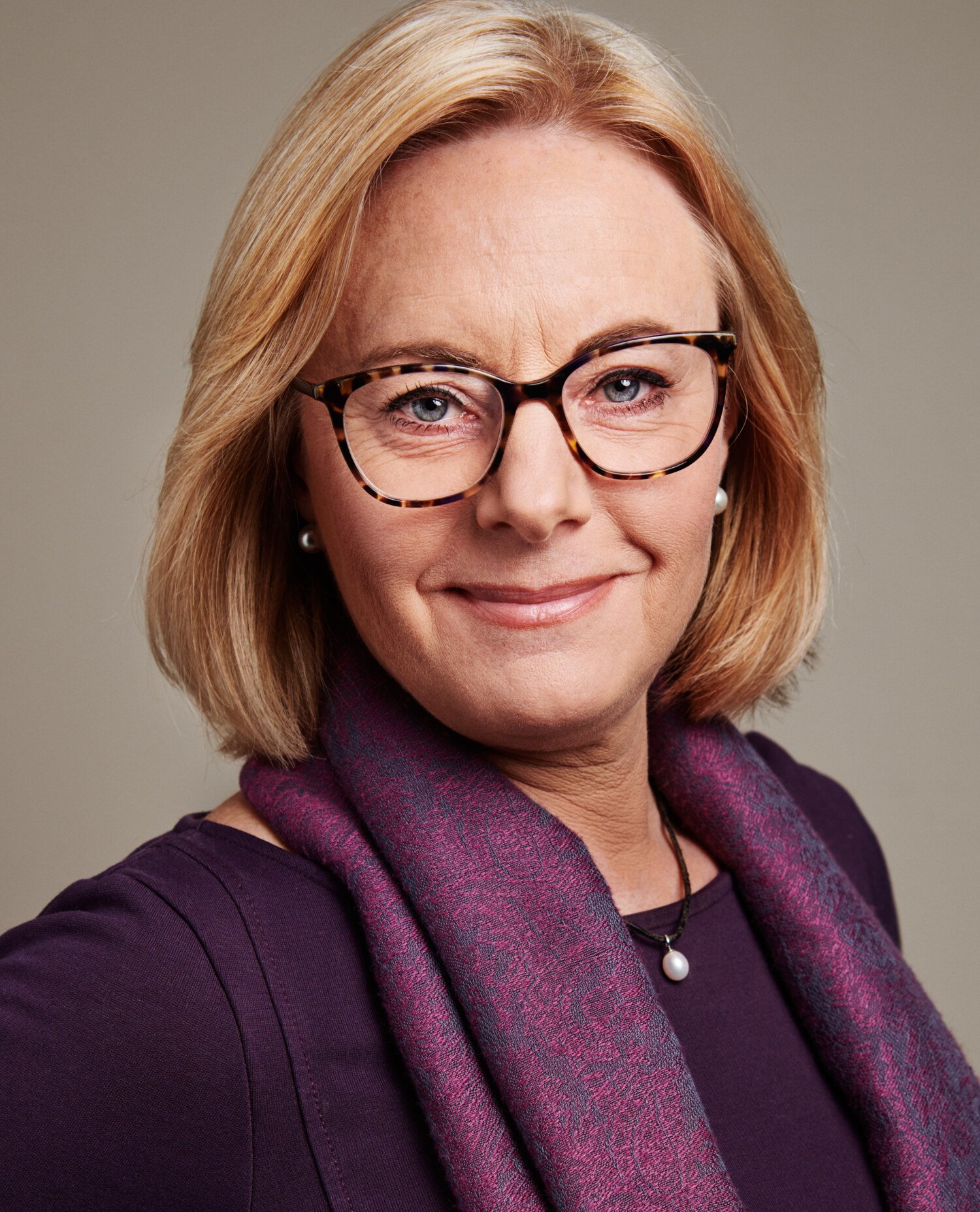Professor Gunilla Karlsson Hedestam and her research group have been awarded a Proof of Concept grant by the European Research Council (ERC) to investigate how vaccines can be adapted to genetic variations in people around the world. Their research paves the way for more effective protection against disease on a global scale.
The human immune system protects us against infectious diseases with the aid of B and T cells, which are characterised by receptors that detect threats such as bacteria and viruses and then send signals that activate the immune system. Each B and T cell has a unique receptor that forms when the cell develops and that enables it to recognise threats.
Genetic differences between people and population groups influence how these receptors look. Such differences can affect the function of the receptors, for example how effectively a vaccine protects different individuals.

"Vaccine research has in the past been based on knowledge predominantly from Europeans, despite the fact that immune genes show huge global variation," says Gunilla Karlsson Hedestam , professor of vaccine immunology at the Department of Microbiology, Tumour and Cell Biology , Karolinska Institutet. "A vaccine that works well for one population does not necessarily provide the same protection for another. The SARS-CoV-2 pandemic clearly demonstrated the need for vaccines that provide broad and effective universal protection."
Professor Karlsson Hedestam's research group has now been awarded an ERC Proof of Concept grant to develop their GlobalPROTECT project, which aims to create vaccines that work for people around the world regardless of genetic differences.
The GlobalPROTECT builds on the group's previous ERC project ImmuneDiversity, which developed a tool for mapping genetic variations in B and T cell receptors.
Antibody library enables early testing
By using a database of over 500 gene variants from different population groups, the researchers will now create antibody libraries that reflect global genetic variation.
The researchers use a novel PCR technology developed by Martin Corcoran in the group to produce millions of DNA sequences that constitute potential antibodies.
"The gene variants are like building blocks," explains Professor Karlsson Hedestam. "They can be combined in an infinite number of ways - just like the letters of our alphabet can be combined to form an infinite number of words and sentences - thus forming an antibody library representing different population groups."
The antibody libraries are then tested in cell models to identify potential differences in how they bind specific proteins from virus- or bacteria.
Cost-effective and inclusive
The technique makes it possible to quickly test vaccines in a laboratory environment to select the best candidates for clinical trials. If a vaccine proves to be less effective for a certain population group, it can be adjusted to better fit that group's genetic profile.
The project has the potential to change vaccine development by making it more cost-effective and inclusive for the entire world's population. The new technology also has the potential to improve treatments for autoimmune diseases and allergies.
"In 18 months' time, the method will be ready for testing in the lab," she says. "This is wholly in line with the goal of Proof of Concepts to convert research results into commercial applications."
The ERC Proof of Concept grant is awarded as a lump sum of EUR 150 000 for a term of 18 months.






